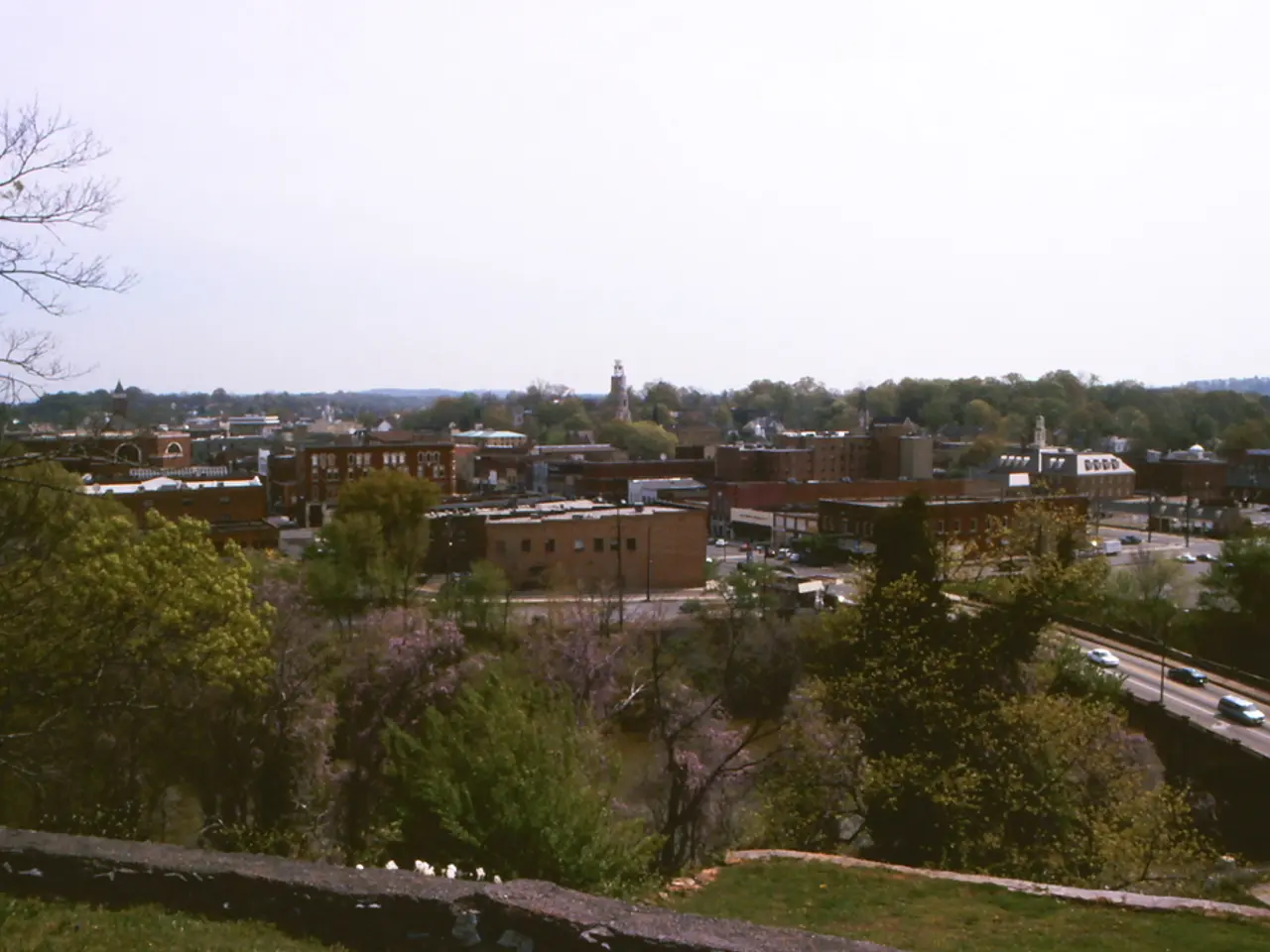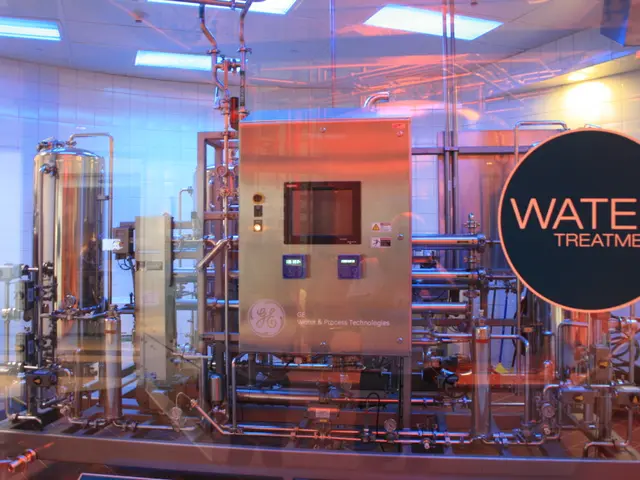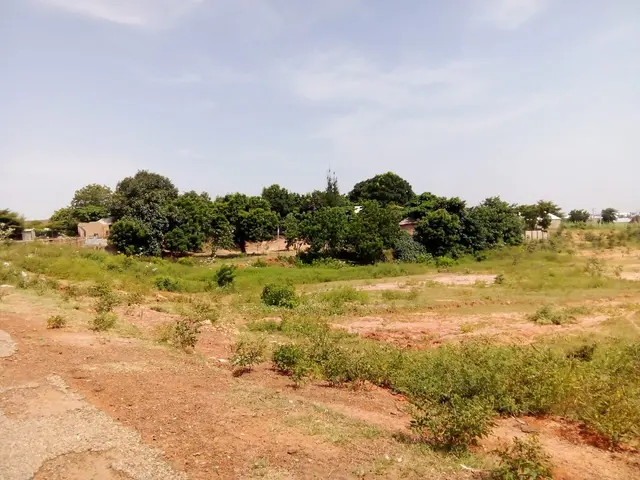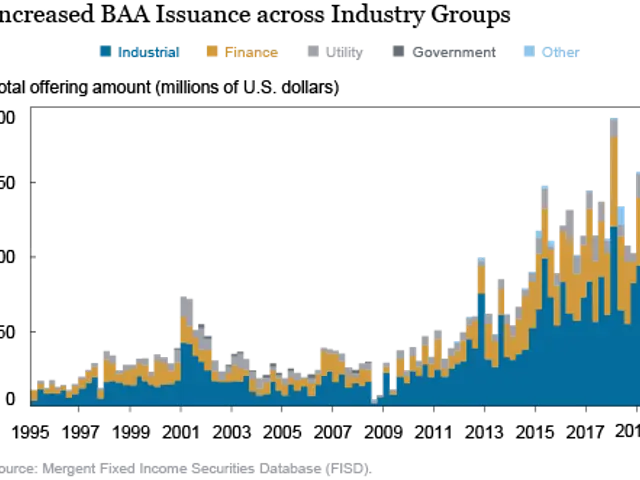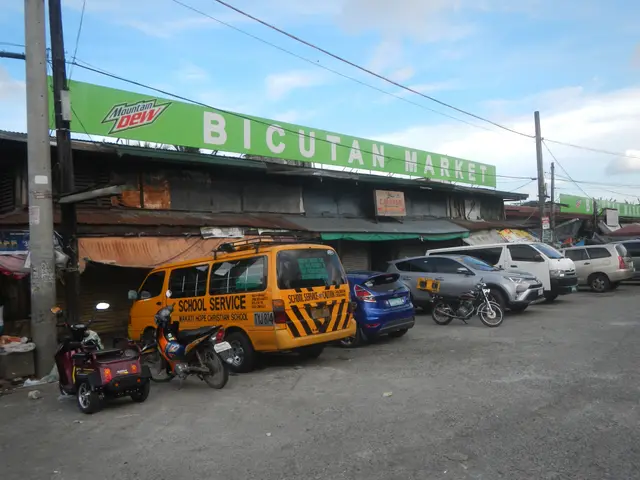Investing in energy transition and housing is a viable option for Ulmers, according to a financial expert's advice, cautioning against potential financial risks.
In a move to foster meaningful investment and promote the city's growth, the municipal subsidiaries, SWU and UWS, of Ulm are opening up investment opportunities to its residents. The initiative, spearheaded by Finance Mayor Martin Bendel, aims to allow citizens to benefit from value creation in their own city.
Bendel emphasises that the investment is not solely about financial returns, but also about promoting investment in one's own city. He reiterates the importance of creating affordable housing and building more renewable energy infrastructure, such as solar plants and wind turbines, within the city.
The investment opportunities at UWS and SWU will be accessible to all Ulm residents, with a minimum investment starting from a few hundred euros. However, the specific investment models and terms, such as subordinated loans or cooperative capital, have yet to be determined.
SWU plans to invest one billion euros in renewable energies in the coming years, while UWS aims to invest 250 million euros in housing construction. Two potential projects for citizen financial participation are a housing construction project by UWS on Mähringerweg and an existing PV plant of SWU in Örlinger Tal.
However, it's important to note that the city of Ulm is in need of financial resources, and the investment opportunities at UWS and SWU are not yet clear. The risks associated with these investments are not known as they are not traded on the stock exchange, according to financial expert Niels Nauhauser. He warns that just because the companies belong to the city, it does not mean the city will always cover all liabilities.
Nauhauser suggests being cautious, looking at the conditions carefully, and asking the consumer center when the investment opportunities at UWS and SWU become available. He advises investors to be aware that these investment models, such as subordinated loans or cooperative capital, are considered risky investments with no voting rights.
Despite the risks, Bendel states that the city will stand behind UWS and SWU to prevent total loss, but this is not guaranteed. He believes that the idea of investing in things that make a difference in one's own region can appeal to many investors.
In conclusion, Ulm's citizens are invited to invest in the city's future, with opportunities in renewable energies and housing construction. While the specifics are yet to be determined, the initiative aims to foster acceptance by allowing citizens to benefit from value creation in their own city. Potential investors are advised to proceed with caution and to seek advice when the investment opportunities become available.
